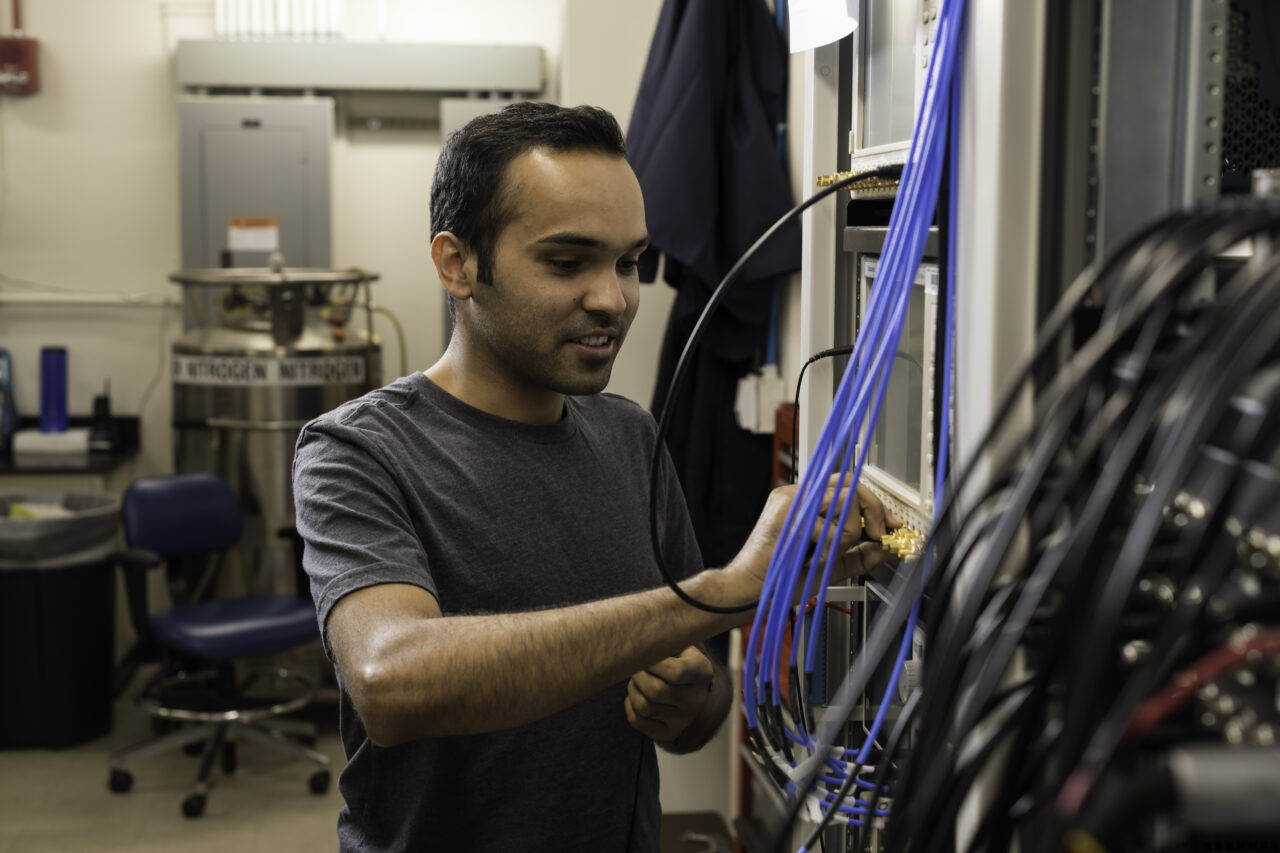Open Access guidelines
Visit the Libraries website to learn about Open Access (OA), and review researcher guidelines that help ensure that knowledge generated is as openly accessible as possible.
Explore guidance on the Libraries website

We’ve compiled links to research process resources and training-related materials for the Rochester research community.
Topics on this page:
If you’re new to research at Rochester or are just getting an initiative going, this list can serve as a helpful starting point. Learn what steps to take to get started, and explore helpful on-boarding research resources.
ORCIDs ensure your research gets credited to you, and connects your work with broader research toolkits. Learn about ORCIDs and how to sign up for one
Review the Procurement Principles training in MyPath.
The University Committee on Animal Resources provides and requires a variety of trainings if your research involves animals.
Environmental Health & Safety offers numerous safety trainings for working with specific chemicals, biologics, radiation, lasers, or radiopharmaceuticals.
Review Flow Cytometry training.
UR CABIN offers training for MRI acquisition and subject handling.

Reference resources, offices, and support services related to data management, big data, and research computing assistance.
Access the University of Rochester Research Repository (URRR), Figshare, the University’s institutional data repository to deposit scientific data, papers, and presentations to help meet the requirements of funding agencies and to make data more easily accessible to the global research community.
University IT also provides a comprehensive list of approved data storage solutions for all researchers.
Utilize LabArchives, an electronic lab notebook, to help organize and manage your research data safely and quickly.
The Genomics Research Center (GRC) provides core laboratory support, technical consultation, assistance with experimental design and data analysis for investigators using high-throughput genomic sequencing, genotyping and gene expression in their research programs.
Our office, in conjunction with the Clinical & Translational Science Institute (CTSI), offers a data de-identification service for the University research community.
Review our Data Management page for additional resources about properly working with and managing data at the University.
Access the Data Rescue Project, a coordinated effort among a group of data organizations, including IASSIST, RDAP, and members of the Data Curation Network, that serves as a clearinghouse for data rescue-related efforts and data access points for public US governmental data that are potentially at risk.

Academic-oriented research provides undergraduate and graduate students with unique opportunities to enhance their education and further their career prospects.

The University has a wide variety of research units, centers, and institutes that drive cutting-edge work and discoveries.